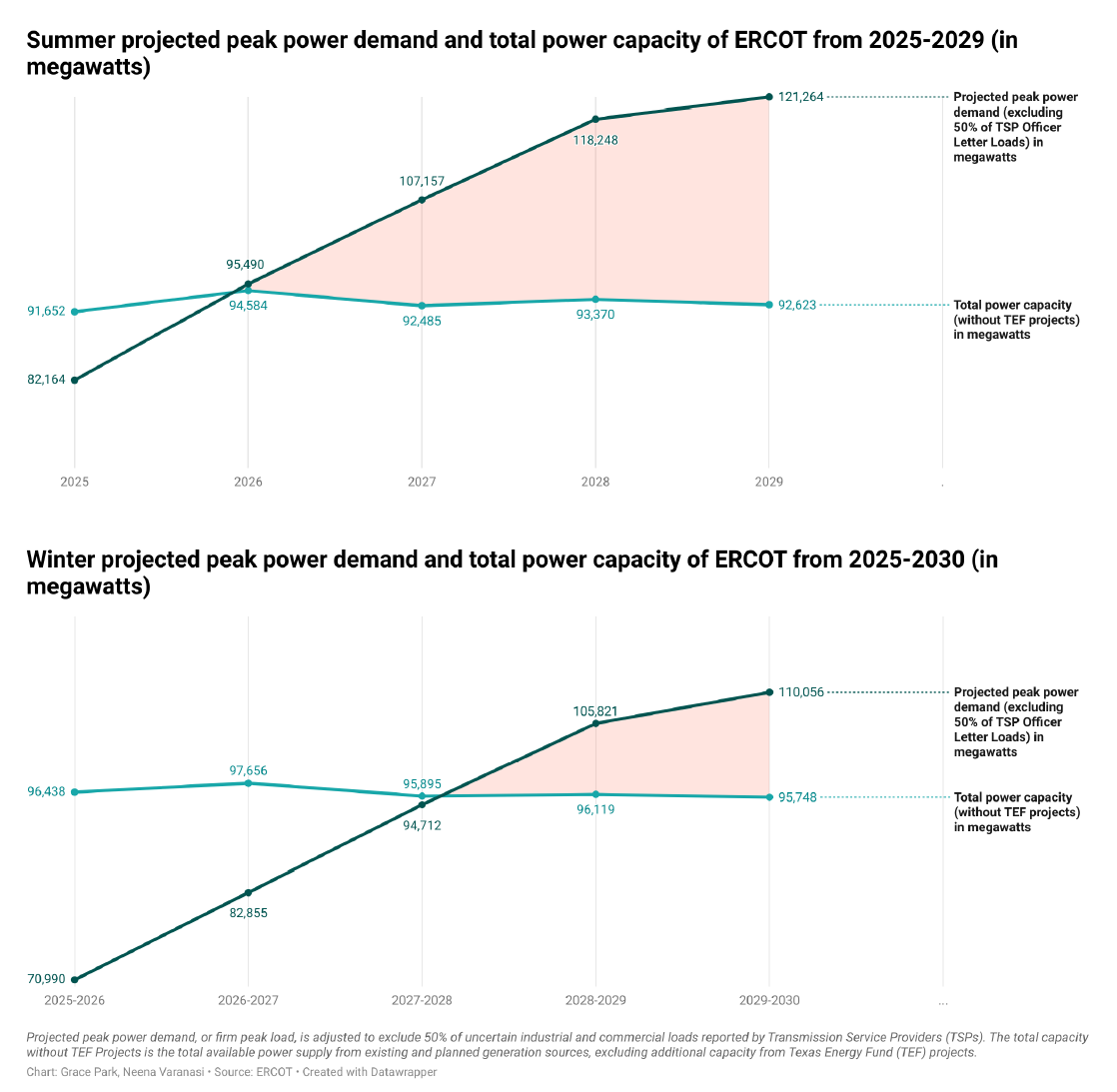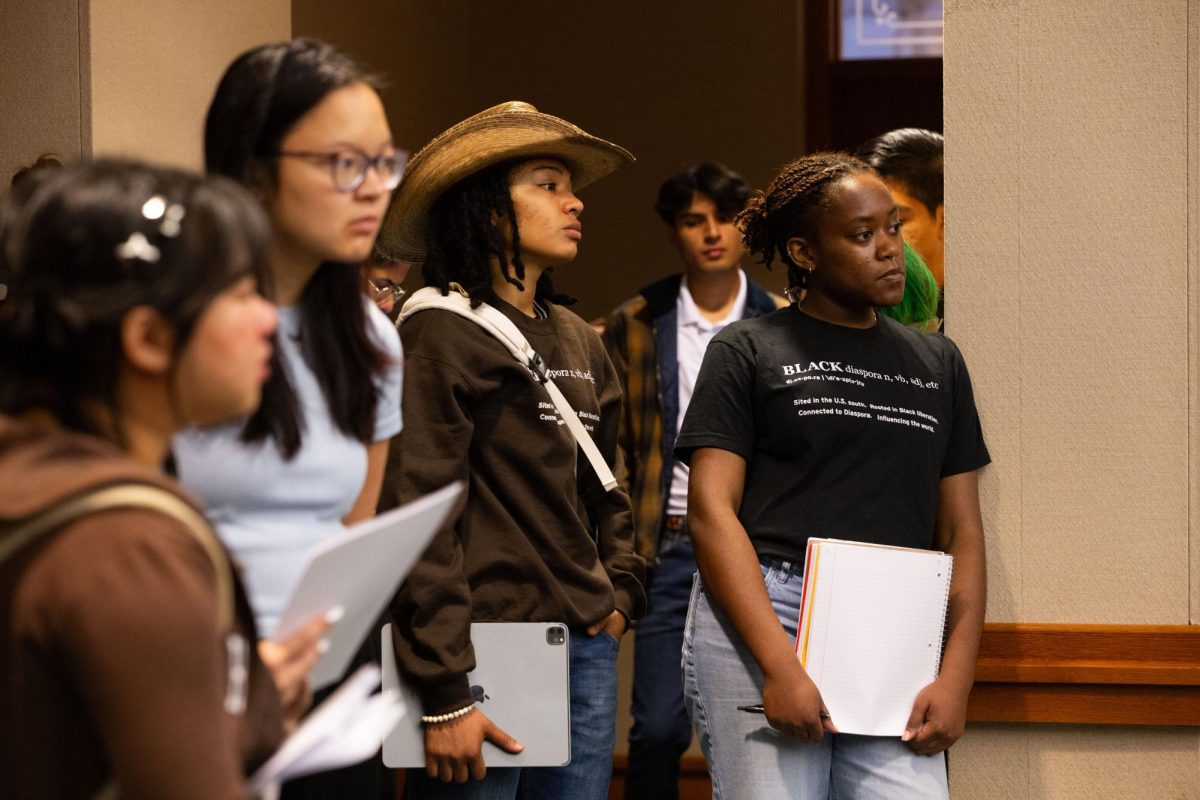After being denied access to interviews relating to the external investigation of UT’s admissions process, state Rep. Lyle Larson, R-San Antonio, said he is concerned the investigation may focus on President William Powers Jr.
At a special meeting last week, the UT System Board of Regents denied a request from Larson and state Rep. Trey Martinez Fischer, D-San Antonio, to attend or monitor all interviews conducted by Kroll Associates, Inc., the risk mitigation response firm leading the investigation that will look at outside influence over the admissions process. Martinez Fischer and Larson, both members of the House Select Committee on Transparency in State Agency Operations, were assigned to monitor the System by the committee’s co-chairs in August, after the committee’s censure of Regent Wallace Hall.
Larson, who also expressed his concerns to the board in a Sept. 18 letter, said he wanted to sit in on the interviews conducted by Kroll to ensure that System officials and regents were also being investigated.
“I wanted to make sure that we had a holistic investigation, and it wasn’t targeted specifically at President Powers,” Larson said. “It’s unfortunate that President Powers has been subjected to the pettiness of the regents. I hope that when the new chancellor comes in, we can put this behind us.”
Larson said he has heard of regents asking System staff members to go to the UT admissions office and request that certain students be considered for admission into the University.
“They typically ask a staff member to go over and request a consideration that the student be admitted to UT-Austin,” Larson said. “I’ve been told by System staff that’s how they handle it.”
Records first obtained by The Texas Tribune show Chancellor Francisco Cigarroa — who commissioned the Kroll Associates investigation in June — has forwarded letters of recommendation, including those from state legislators, to Powers since he became chancellor in 2009. Cigarroa said at a board meeting in May that letters not sent through the prescribed process should no longer be considered in admissions decisions, and the regents formally approved the change in July.
The System began conducting its own inquiry into legislative influence over the University’s admissions in July 2013, after Hall brought up issues with two emails he uncovered from one of his requests for University records. In May, the System announced the inquiry found no evidence of a structured system of favoritism or wrongdoing, but it did determine letters of recommendation sent by legislators to Powers or a dean likely influenced the admissions process.
Martinez Fischer said the board’s denial of the request makes it clear there is a level of disconnect between the UT System and the role of the legislative branch.
“I think time will certainly tell whether the UT System is following the laws that every other Texas agency is required to follow,” Martinez Fischer said.




















